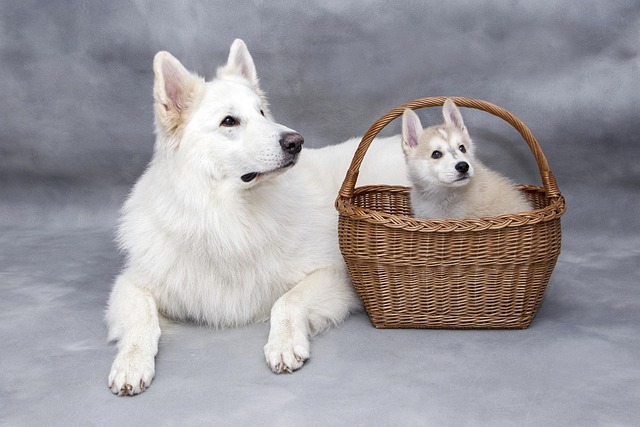
Why can't dogs eat cat food
Imagine this: You’re in your Chicago apartment, juggling a 6-month-old golden retriever, Max, and a tabby cat, Luna. You turn your back for 30 seconds to grab a leash
Imagine this: You’re in your Chicago apartment, juggling a 6-month-old golden retriever, Max, and a tabby cat, Luna. You turn your back for 30 seconds to grab a leash, and suddenly Max’s tail is wagging—he’s chowing down on Luna’s kibble, crumbs flying. Panic flickers: Is this bad? Spoiler: Yes, but let’s break why dogs and cat food don’t mix.
Cats and dogs have wildly different nutritional needs, shaped by their evolution. Cats are “obligate carnivores”—their bodies need meat to survive, requiring 30–40% protein in their diet (think: a lion’s diet of raw meat). Dogs, on the other hand, are omnivores, thriving on 20–30% protein plus veggies and grains (more like a bear, snacking on berries and fish). Cat food is packed with extra fat and protein to fuel a cat’s fast metabolism—great for Luna, but a disaster for Max. Over time, that excess fat can trigger pancreatitis (painful inflammation, common in greedy pups in Texas), while too much protein strains his kidneys, like forcing a compact car to run on racing fuel.
Cat food also lacks key nutrients dogs need, like fiber (to keep their digestion smooth) and certain vitamins, while overloading them with others. Take taurine: Cats can’t make it, so their food is loaded with it, but dogs can synthesize their own—too much taurine in Max’s diet could throw off his heart health. It’s like feeding a vegan a steak every meal: their body isn’t built to process it.
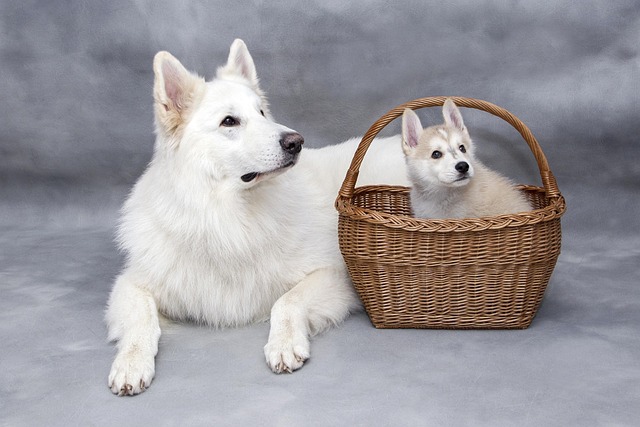
So, how to keep Max away from Luna’s bowl? Start with “separate dining.” Put Luna’s food on a high shelf (Max can’t jump like she can) or use a cat tree in your NYC studio—small spaces demand smart setups. Try a timed feeder for Luna, which locks after she eats, keeping Max out. Train “leave it” to reinforce good habits: When Max sniffs Luna’s bowl, hold up a treat and say “leave it.” When he looks at you, reward him—positive reinforcement, not scolding, works best (yelling just makes him sneakier, and goes against the kind training culture U.S. vets recommend).
This ties into bigger pet care norms. First, keep Max’s vaccines current—rabies shots are legally required in all 50 states, and a healthy diet supports his immune system. When walking him in Denver’s parks, pack poop bags (fines for skipping them hit $250 in some cities) and use those “leave it” skills to keep him from scavenging—whether it’s cat food or trash, the habit sticks. In apartment buildings, avoid feeding Max near shared spaces; spilled kibble attracts pests, and respecting neighbors’ space is part of good pet etiquette.
If Max sneaks a bite now and then? Don’t panic—one meal won’t hurt. But make consistent feeding rules part of your routine. After all, keeping Max away from Luna’s food isn’t just about nutrition—it’s about helping both pets thrive in your shared home, whether you’re in a Miami condo or a rural Ohio farmhouse.

Imagine this: You’re in your Chicago apartment, juggling a 6-month-old golden retriever, Max, and a tabby cat, Luna. You turn your back for 30 seconds to grab a leash
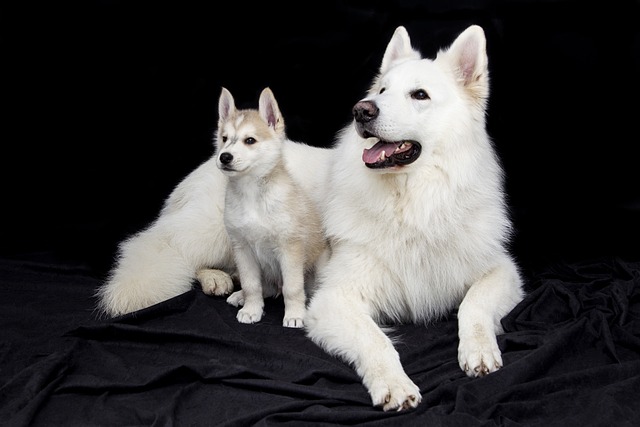
Let’s say you’re a new dog parent in Phoenix, sweating under the summer sun as your golden retriever, Bailey, pants beside you. You eye the clippers in the closet
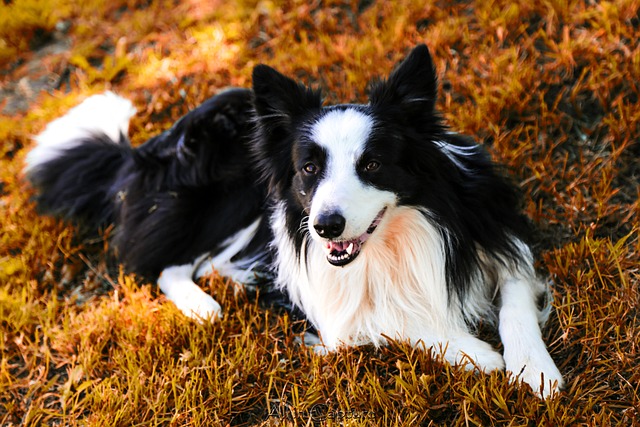
Let’s picture this: You’re a new puppy parent in a Boston apartment, excitedly welcoming home your 12-week-old golden retriever, Buddy.

Maintaining your dog’s dental health is like safeguarding a secret to their long - term well - being. Yet, improper brushing not only risks oral issues but may also go against local pet care regulations that prioritize animal welfare.
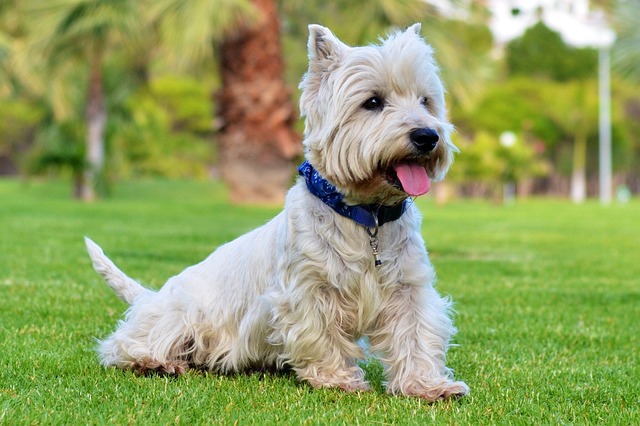
Seeing your dog’s wagging tail and bright eyes is heartwarming, but what about their dental health? Just like in human healthcare, local pet care regulations might impact how you approach dog dental hygiene.
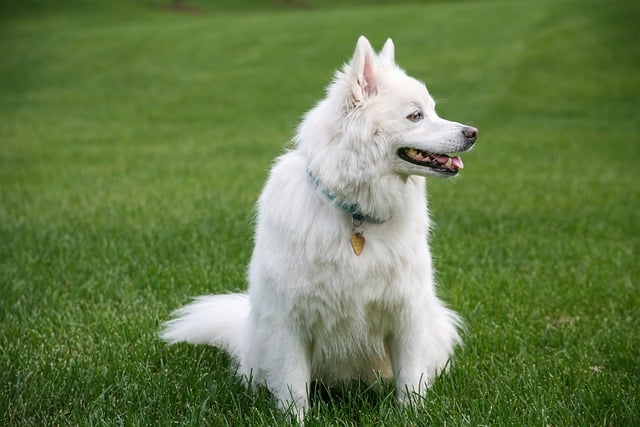
Should dogs have access to water all the time? Let’s start with a scene familiar to many new dog parents in Chicago: Your 8-month-old golden retriever